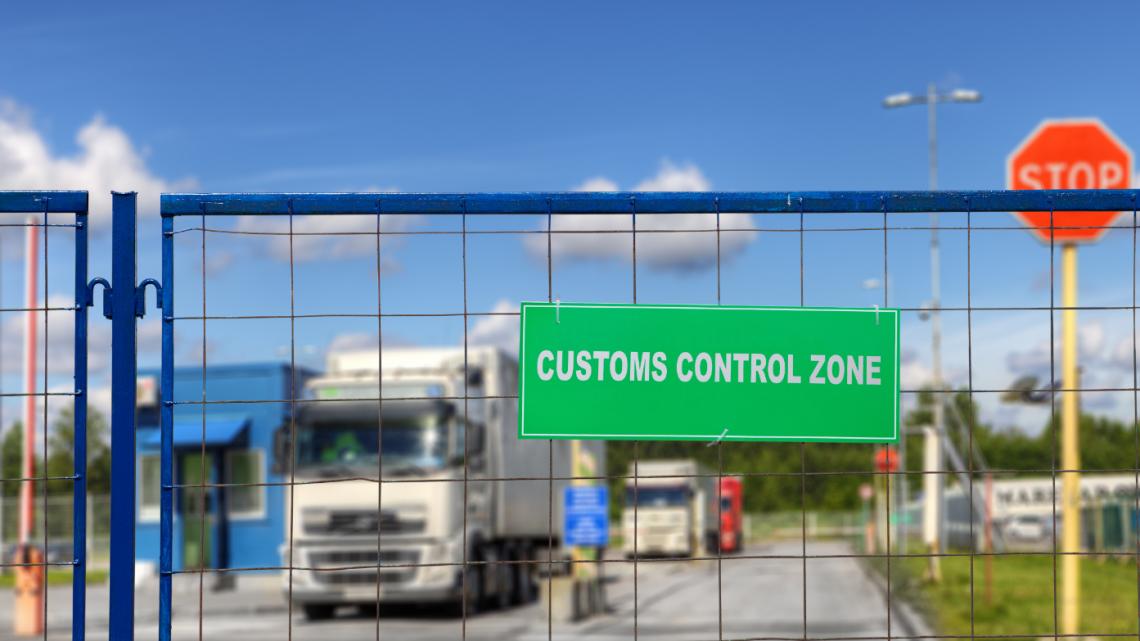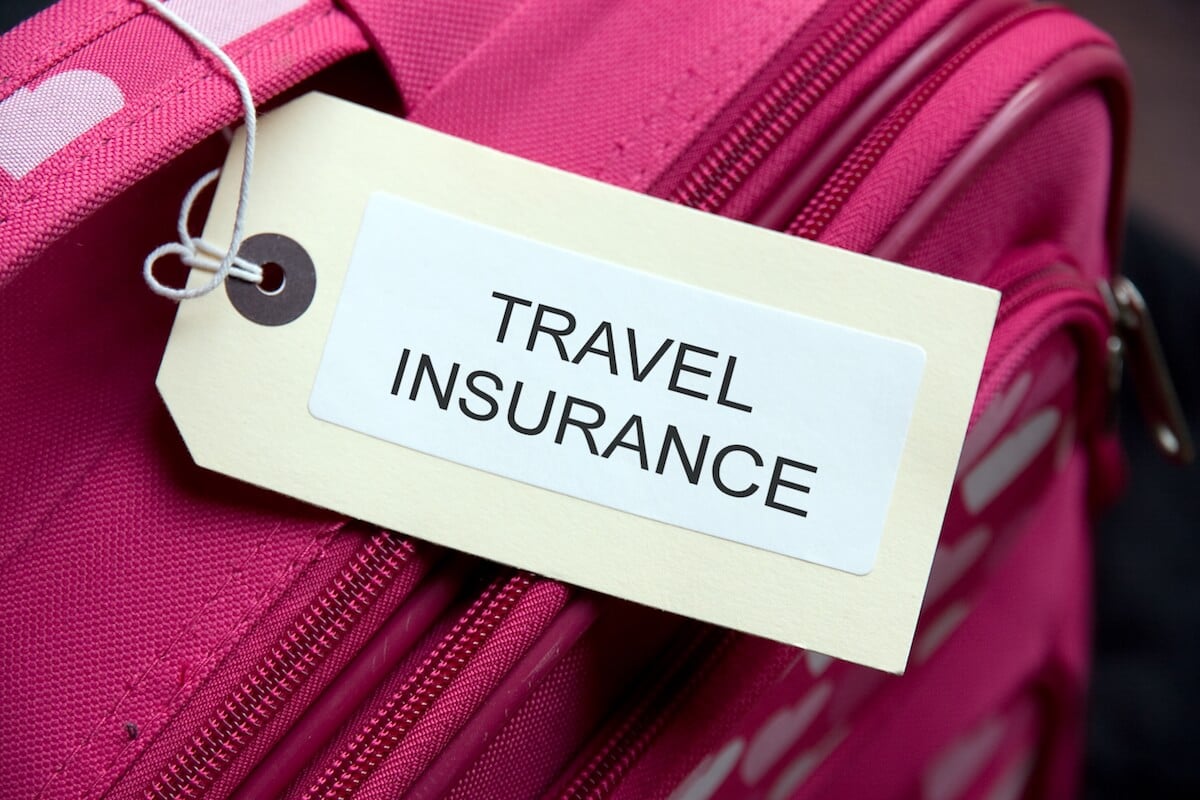
Essential Guide to Clearing Customs Efficiently
International trade is a vital component of the global economy, and for businesses and individuals alike, understanding the intricacies involved in navigating border protocols is crucial. This area of expertise ensures that goods are transported across countries in a fast and streamlined manner, minimizing delays and complications during transit.
Challenges often arise when crossing international lines, leading to frustrations that can affect time and costs. For traders and travelers, being well-informed about necessary documentation, regulations, and practices is paramount. Armed with the right knowledge, one can significantly reduce potential obstacles and facilitate a smoother transition of goods.
Many factors can influence the flow of merchandise, from tariffs to inspections. Therefore, recognizing the steps involved in this process can empower individuals and companies to avoid common pitfalls. By actively engaging with these procedures, one can foster a more productive experience when dealing with cross-border transactions.
Understanding Customs Procedures Worldwide
When engaging in international trade, it is pivotal to grasp the intricacies of regulations and protocols that govern the movement of goods across borders. Each nation possesses its unique framework that dictates how products are regulated, inspected, and processed before they reach their final destination. Familiarizing oneself with these diverse procedures ensures smooth transitions and compliance with legal requirements.
The Importance of Knowledge
Having a solid understanding of the varying practices can significantly reduce delays and unexpected costs. With each country imposing its own set of requirements, and fluctuating regulations, keeping abreast of these elements can pave the way for efficient transit of merchandise. Entities involved in trade can benefit from being equipped with knowledge about tariffs, documentation, and clearance procedures specific to each location.
Key Components of Global Regulations
The following table summarizes some vital components encountered in global regulations:
|
Component |
Description |
|---|---|
|
Documentation |
Necessary paperwork required for importation and exportation, such as bills of lading, invoices, and certificates of origin. |
|
Tariffs |
Taxes imposed on goods imported into a country, which vary based on product classifications and origin. |
|
Inspections |
Procedures carried out by authorities to ensure compliance with regulations and safety standards, which may involve physical checks of the goods. |
|
Fees |
Various charges associated with the processing of products at the border, which may include handling and storage fees. |
Key Documents Required for Customs Clearance
Successful navigation through the import and export processes necessitates specific paperwork. These documents are vital for facilitating the movement of goods across international borders and ensuring compliance with varying regulations. Understanding which items you must prepare can prevent delays and complications during transit.
Essential Documentation
Several crucial types of paperwork are typically required for smooth processing. These may include, but are not limited to, the following:
-
Commercial Invoice
-
Packing List
-
Certificate of Origin
-
Import/Export License
-
Bill of Lading
Additional Supporting Documents
In addition to the fundamental paperwork, there are supplementary documents that may enhance your application process:
-
Insurance Certificate
-
Customs Declaration Form
-
Permits related to specific goods (such as agricultural products or pharmaceuticals)
-
Proof of Payment for duties and taxes
Ensuring you have all relevant paperwork ready and accurate can significantly streamline your experience when transporting goods across borders.
Common Challenges in the Customs Process
Navigating the complexities of international trade can present a variety of obstacles that businesses must overcome to ensure smooth operations. Understanding these hurdles is crucial for importers and exporters alike to minimize delays and additional costs.
-
Documentation Issues:
Inadequate or incorrect paperwork is one of the most prevalent problems. Essential documents include:
-
Commercial invoices
-
Packing lists
-
Certificates of origin
-
Import/export licenses
-
Regulatory Compliance:
Adhering to diverse regulations across countries can be daunting. Businesses must be well-versed in:
-
Tariff classifications
-
Export control laws
-
Health and safety regulations
-
Tariff and Duties Complexity:
Understanding and calculating costs associated with tariffs and duties can be intricate due to:
-
Frequent changes in rates
-
Classification disputes
-
Cultural and Language Barriers:
Businesses operating across borders often face communication challenges that can lead to misunderstandings and errors in the process. -
Logistical Delays:
Transport issues can impede timely delivery, often resulting from:
-
Port congestion
-
Unexpected inspections
-
Weather-related disruptions
Addressing these common issues requires a proactive approach, including enhancing knowledge of international regulations and investing in reliable resources to streamline processes.
Tips for Smooth Customs Inspections
Facilitating a seamless passage through inspection checkpoints is crucial for any individual or business involved in international trade. Understanding the process and preparing in advance can significantly reduce delays and complications. Here are some strategies to help ensure a smooth experience.
1. Be Prepared with Documentation: Always have your paperwork in order. This includes invoices, shipping documents, and any permits required for your goods. Organizing these documents beforehand can prevent any last-minute issues.
2. Understand Regulations: Familiarize yourself with the regulations pertaining to your goods. Different items have varying requirements based on their classification. Knowing these can save time and potential hassles.
3. Declare Everything: Transparency is key. Ensure all items are properly declared to authorities. Under-declaring or omitting items can lead to fines or confiscation, compounding any delays.
4. Pack Strategically: Proper packing can make inspections quicker and more efficient. Group similar items together and label them clearly to assist inspectors in their assessment.
5. Maintain Open Communication: If you’re contacted by inspection officials, clear communication is vital. Answer questions honestly and provide any requested information promptly to foster a cooperative atmosphere.
6. Stay Calm and Courteous: Inspections can be stressful, but maintaining a respectful demeanor can make a significant difference. A positive attitude can ease the process and help foster good relationships with officials.
By implementing these tips, individuals and businesses can navigate the inspections with greater ease, protecting their interests while complying with necessary regulations.
Benefits of Hiring a Customs Broker
Engaging a professional in the realm of international trade can significantly enhance the experiences of individuals and businesses alike. These specialists possess the expertise and knowledge to navigate complex regulatory frameworks, ensuring that shipments comply with all requirements smoothly. By enlisting their services, one can save valuable time and resources while minimizing the risk of costly errors.
Expert Knowledge and Compliance
One of the primary advantages of working with a specialist is their in-depth understanding of the intricate regulations governing cross-border transactions. They stay updated on the latest changes in legislation, tariffs, and trade agreements, which allows them to provide accurate advice and ensure compliance at all stages of the process.
Time and Cost Savings
Utilizing the expertise of a professional can lead to significant time savings. They are adept at handling the paperwork and coordination required for import and export operations, which allows businesses to focus on their core activities. Moreover, by avoiding delays and penalties associated with non-compliance, companies can realize substantial cost benefits in the long run.
Strategies to Avoid Customs Delays
Timely processing of shipments requires careful planning and adherence to best practices. By implementing specific tactics, individuals and businesses can significantly reduce the likelihood of holdups during the review process. Awareness of requirements and preparation are key elements in ensuring a smooth passage for goods across borders.
1. Complete Documentation
Ensure that all necessary paperwork is accurately filled out. Missing or incorrect details on invoices, packing lists, and declarations can lead to extensive checks. Double-check everything to avoid any errors that could result in delays.
2. Understand Regulations
Familiarize yourself with the rules and requirements of the destination country. Different regulations exist for various types of goods, and being informed can help you comply fully and swiftly.
3. Choose Reliable Partners
Selecting experienced freight forwarders and brokers can make a significant difference. They understand the ins and outs of the process and can navigate potential pitfalls more effectively than inexperienced counterparts.
4. Pre-Alert Authorities
Informing relevant authorities ahead of time can facilitate faster processing. Providing them with the necessary details in advance allows for immediate attention upon arrival, reducing waiting times.
5. Opt for Express Services
When time is of the essence, consider using expedited shipping options. While typically more costly, these services can enhance priority handling and decrease the duration of the review process.
6. Maintain Accurate Inventory
Keep an updated inventory list of all items being shipped. Accurate tracking can help prevent discrepancies that may arise during inspections, which could otherwise lead to unnecessary delays.
By adhering to these precautions, you can minimize interruptions and ensure a more streamlined experience when moving goods across borders.
Questions and answers: Clearing customs
What are the key steps to efficiently clear customs for my goods?
To efficiently clear customs, begin by preparing all necessary documentation such as the commercial invoice, packing list, and bill of lading. Ensure that your goods are properly classified under the correct Harmonized System (HS) codes to avoid delays. It’s also essential to understand the duties and taxes applicable to your items. Collaborating with a licensed customs broker can help navigate complex regulations and expedite the clearance process. Additionally, consider using a trusted shipping partner and maintain open communication with customs authorities throughout the process.
What documents do I need to prepare before shipping internationally?
When shipping internationally, it’s crucial to prepare several key documents. These typically include the commercial invoice, which details the transaction, a packing list that outlines the contents of the shipment, and any relevant export licenses or permits required by your country. You may also need a certificate of origin, a bill of lading, and specific customs forms as required by the destination country. Ensuring that all documents are complete, accurate, and in compliance with both your country’s and the destination’s regulations can significantly impact the efficiency of customs clearance.
How can I avoid delays in the customs clearance process?
To avoid delays in customs clearance, several proactive steps can be beneficial. First, ensure all documents are complete and accurate before shipment. This includes verifying that all HS codes are correctly applied, as incorrect coding can lead to additional scrutiny or fines. Also, consider pre-clearance options, where possible, to expedite the process. Engaging a knowledgeable customs broker can provide valuable insights into compliance and regulations. Additionally, maintaining transparency with customs officials and promptly addressing any queries or issues can significantly speed up the clearance process.
What are common mistakes to avoid when clearing customs?
Common mistakes to avoid when clearing customs include underdeclaring the value of your goods, which can lead to penalties, and using incorrect or incomplete documentation. Failing to classify products correctly under HS codes is another frequent error that can cause delays or additional duties. Lack of communication with your customs broker and customs authorities can result in misunderstandings, further complicating the process. Lastly, not being aware of specific import restrictions or duties for your products can lead to unexpected hurdles, so thorough research before shipping is crucial.
Is it beneficial to hire a customs broker, and how can they help?
Yes, hiring a customs broker can be highly beneficial for efficient customs clearance. Customs brokers are licensed professionals who have extensive knowledge of customs regulations and procedures. They can help you prepare and submit all necessary documentation accurately, ensuring compliance with both local and international laws. By leveraging their expertise, customs brokers can expedite the clearance process, helping you avoid costly delays and penalties. They can also provide guidance on duty rates and tariffs, as well as assist with strategic advice on tariff classification, which can ultimately lead to cost savings for your business.
What are the key steps to ensure a smooth customs clearance process?
The key steps to ensure a smooth customs clearance process include preparing all necessary documentation, such as invoices and packing lists, and providing accurate descriptions of goods. It’s important to classify your items correctly according to customs codes, which determines the applicable duties and taxes. Additionally, consider utilizing a customs broker who can guide you through the regulations and help you address any potential issues. Maintaining open communication with customs officials and ensuring compliance with all regulations can also significantly expedite the process. Lastly, being prepared for inspections and having all goods ready for review can further streamline customs clearance.
How does Customs and Border Protection (CBP) determine customs duties on imported goods?
Customs and Border Protection (CBP) determines customs duties on imported goods based on several factors, including the harmonized tariff schedule (HTS) and the country of origin. Import duties and taxes can vary depending on the type of goods being imported, the value of the goods, and any applicable trade agreements between the U.S. and the exporting country.
What is the role of a customs officer in the customs clearance process?
A customs officer plays a crucial role in the customs clearance process by inspecting and approving the shipment of goods through customs. They are responsible for ensuring that all customs documentation is accurate, that import duties and taxes are correctly calculated, and that the shipment complies with U.S. customs laws. The customs officer also ensures that the importer of record has fulfilled all necessary requirements, including the payment of customs duties.
What are the responsibilities of an importer of record when dealing with customs clearance?
The importer of record is responsible for paying all customs duties and taxes on imported goods. This includes ensuring that the proper customs bond is in place, that all customs documentation is accurate, and that the goods are correctly classified under the harmonized tariff schedule (HTS). The importer must also work with a customs brokerage firm, if necessary, to navigate the customs clearance process and ensure the shipment clears customs efficiently.
How do customs brokers assist with international shipping and customs clearance?
Customs brokers assist with international shipping by helping shippers navigate the complex world of customs clearance. They ensure that all necessary documents for customs clearance are prepared, calculate any applicable import duties and taxes, and coordinate with customs offices to expedite the clearance process. Independent customs brokers also help importers and exporters comply with local customs regulations and ensure that goods are cleared through customs without delays.
What is a customs bond, and when is it required during the import process?
A customs bond is a financial guarantee that ensures the payment of customs duties and taxes on imported goods. It is required for many types of imports, especially for shipments with a high value or those subject to specific import regulations. The bond covers any potential fines or fees that may arise if customs duties are unpaid, and it helps facilitate the smooth passage of goods through customs at the port of entry.








